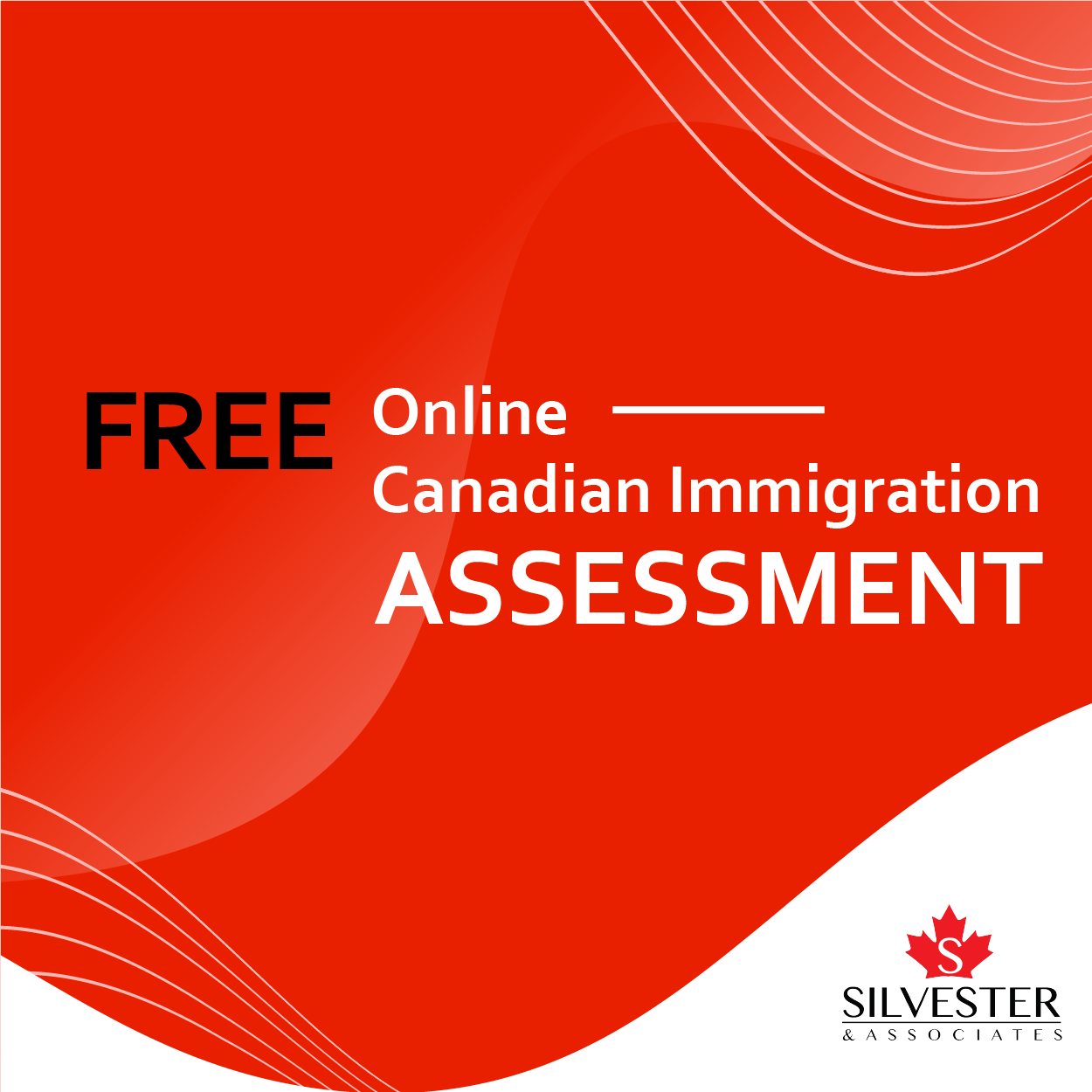Are you early childhood educators (ECE) looking for immigration opportunities in Canada? The government of British Columbia (BC) released a list of the occupations that are forecasted to be in demand over the next five years in the province. Early childhood educators and assistants are on this list as prioritized occupations, increasing support for the care economy.
Table of Contents

Early Childhood Educators and Assistants in BC
Who are early childhood educators (ECEs) and ECE Assistants
ECEs work with young children from birth to age five. They create and run educational programs that fuel children’s intellectual, physical, social and emotional growth.
ECE assistants work under the supervision of ECEs.
Example Titles
| Baby-care worker | Early childhood educator – preschool |
| Baby-care worker assistant | Early childhood educator (ECE) |
| Baby-care workers supervisor | Early childhood educator (ECE) assistant |
| Child care worker – daycare | Early childhood educator assistant – junior kindergarten |
| Child care worker assistant | Early childhood educator assistant – kindergarten |
| Daycare aide | Early childhood program staff assistant |
| Daycare attendant | Early childhood program supervisor |
| Daycare coordinator | Early childhood supervisor |
| Daycare helper | Educator assistant – junior kindergarten |
| Daycare supervisor | Infant daycare workers supervisor |
| Daycare teacher | Infants’ daycare worker |
| Daycare worker | Nursery school aide |
| Daycare worker assistant | Nursery school helper |
| Early childhood assistant | Nursery school teacher |
| Early childhood education worker | Preschool helper |
| Early childhood educator – junior kindergarten | Preschool supervisor |
| Early childhood educator – kindergarten |
Work environment of early childhood educators and assistants
Most ECEs and ECE assistants work in licensed settings such as child-care centres, StrongStart BC centres, before- and after-school programs or preschool programs. These can be located in schools, community centres or workplaces that offer child care to their employees. The work is varied, depending on the setting.
ECEs and ECE assistants may work full time or part time, and hours can vary. Preschool and school-based programs usually run during the school year. Most child-care centres are open all year. They may have longer hours or use staggered shifts to fit the needs of working parents. There is a growing demand, for example, for late-night child care by parents who work shifts.

Duties
ECEs and assistants work hands-on with children to:
- Teach with stories, music, play, field trips, art, drama and movement
- Help each child participate and succeed
- Protect children’s health and safety
- Help children learn good eating, dressing and toileting habits
- Help each child build their sense of identity and belonging
- Observe and value each child’s way of expressing themselves
- Assess learning and development
- Deal with signs of learning, development and behavioural issues
- Provide fair but firm discipline
- Respect the culture of all children
- Work with Indigenous children in ways that are respectful and attentive
They also:
- Do paperwork and keep records
- Develop teaching aids and projects
- Maintain and clean equipment
- Prepare food
- Create indoor and outdoor spaces for play and learning
- Evaluate educational programs
- Take part in professional development
- Build relationships with co-workers, children’s families and community services
- Communicate regularly with parents and guardians
ECEs may also supervise and mentor others, including ECE assistants and students.
Job requirements
Education, training & qualifications
ECEs and ECE assistants (ECEA) must be certified to work in most licensed child-care programs. There are 5 levels of certification:
- ECE – one year
- ECE – five year
- ECEA
- Infant Toddler Educator (ITE)
- Special Needs Educator (SNE)
Early childhood educators would need to have:
- Completed a two-to-four-year college program in early childhood education or a bachelor’s degree in child development
- A licence issued by a provincial or territorial association for early childhood educators (ECE)
Early childhood educator assistants would need to have:
- Completed secondary school
- Experience in childcare
- Completed an early childhood education assistant certificate program or post-secondary courses in early childhood education and,
- A licence issued by a provincial or territorial association for early childhood educators (ECE)
ECEs must complete an early childhood education program at a recognized university or college. They can then be certified through the B.C. Ministry of Children and Family Development.
ECEAs can earn a certificate after taking courses in child development, children’s well-being and curriculum planning.
ITEs and SNEs must be certified as ECEs before taking their additional training and certification.
To stay certified, workers must continue to do professional development, get work experience and meet character and skill requirements.
For those who trained outside of Canada and never received certification from any Canadian jurisdiction, a full assessment is needed. Most occupational regulators have a process for assessment and recognize internationally trained applicants.
Additional Information
These professionals can progress to senior positions such as day care supervisors with several years of experience. Alternatively, they could combine their experience with advanced early childhood educators (ECE) qualification levels.
Work-related skills
The below list shows most of work-related skills, ranked in order of importance for this career.

Source:
Analysis based on the U.S. Department of Labour/Employment and Training Administration, The O*NET Content Model.
Early Childhood Educators and Assistants in BC
B.C. government has committed to significantly increase the number of child-care spaces across the province. As a result, 8,600 more ECEs will likely be needed over the next decade.
Rural areas continue to have a shortage of qualified workers. Educators certified to work with children with special needs, infants or toddlers are also in especially high demand.
Immigration opportunities for ECEs and ECEAs in British Columbia Canada
Canada is open to welcome nearly 1.2 million new immigrants in the next three years. About 60% of the total target will be achieved through economic-class programs through which foreign skilled workers, international students, foreign entrepreneurs are set to become the largest beneficiaries.
About British Columbia
British Columbia is also one of the most diverse provinces in all of Canada. British Columbia’s economy focuses on a strong natural resources sector, with an emphasis on forestry and mining. Its natural environment, with expansive forests and a unique coastal climate, is renowned as one of the most beautiful in Canada, and indeed the world.

British Columbia Provincial Nominee Program (BCPNP)
The British Columbia Provincial Nominee Program (BCPNP) aims to accelerate the process for those wishing to obtain Canadian permanent resident (PR) status and who intend to settle permanently in BC.
The program is operated by the BC government in partnership with the federal immigration department, Immigration, Refugees and Citizenship Canada (IRCC). Interested candidates must follow a two-stage process: apply for nomination to the provincial government, and then, if nominated, apply for PR to the federal government.
IRCC allocates to BC PNP a limited number of nominations each year.
There are 3 options for BCPNP Streams:
- Skills Immigration
- Express Entry B.C.
- Entrepreneur Immigration
Each of above options has their own streams.
The BCPNP is one of the most popular and active PNPs of Canada that regularly hold the draws and invite the candidates to apply for provincial nomination for Canadian PR under various BCPNP categories.
The BC issues ITAs to the registered candidates in the below categories:
- Skilled worker
- International Graduate
- Entry Level and Semi-Skilled
- Entrepreneur Immigration – Base Category
- Entrepreneur Immigration – Regional Pilot
Most BCPNP Skills Immigration programs require candidates to hold a valid job offer with a BC employer.

British Columbia Immigration target occupations
On March 10, 2022, the Ministry of Municipal Affairs announced that B.C. is responding to the crucial need for more healthcare workers and early childhood educators (ECEs) by implementing changes to the BC Provincial Nominee Program (BC PNP) Skills Immigration stream to prioritize these occupations and increase support for the care economy.
As a result, a list of targeted occupation for the skilled worker streams of the BCPNP was published.
There are three categories in this list: Healthcare, Childcare and other priority occupations.
Immigration opportunities for ECEs and ECEAs in BC
Under BCPNP, ECEs and ECEAs (NOC 42202, TEER Category 2) are prioritized occupations, increasing support for care economy.
These changes, announced on March 10, 2022, prioritize ECEs and ECEAs in the application process and will increase the number of people nominated in these occupations for permanent residence. Changes also immediately provide a pathway to permanent residence for people already living in B.C. and working in these sectors.
How do BCPNP draws work?
- Step 1: Candidates that meet the requirements for BC’s Skilled Worker, International Graduate, or Entry Level and Semi-Skilled Worker pathways can submit an Expression of Interest (EOI) to the province.
- Step 2: Once a candidate creates an EOI profile, they are ranked by the province’s Skills Immigration Registration System (SIRS) and given a “SIRS” score.
- Step 3: The highest-ranking candidates will receive an invitation from BC to apply for nomination.
- Step 4: After receiving an invitation, candidates have 30 days to prepare and submit their online application to the province.
- Step 5: Nominated candidates are then invited to apply to the federal government for Permanent Residence.
Updated draws for BCPNP targeted occupations
Skills Immigration Invitations
Stream: Skilled Worker, International Graduate (includes EEBC option)
Targeted draw: Childcare: Early Childhood Educators and Assistants, NOC 42202
| Date | Number of Invitations | Minimum Score |
| January 24, 2023 | 31 | 60 |
| January 17, 2023 | 18 | 60 |
| January 10, 2023 | <5 | 60 |
| January 4, 2023 | 28 | 60 |
| December 20, 2022 | 15 | 60 |
| December 13, 2022 | 19 | 60 |
| December 6, 2022 | 32 | 60 |
| November 28, 2022 | 49 | 60 |
| October 12, 2022 | 25 | 60 |
| October 4, 2022 | 32 | 60 |
| September 27, 2022 | 28 | 60 |
| September 21, 2022 | 11 | 60 |
| September 13, 2022 | 27 | 60 |
| September 7, 2022 | 8 | 60 |
| August 30, 2022 | 29 | 60 |
| August 23, 2022 | <5 | 60 |
| August 16, 2022 | 26 | 60 |
| August 10, 2022 | 5 | 60 |
| August 3, 2022 | 22 | 60 |
| July 26, 2022 | 22 | 60 |
| July 19, 2022 | 18 | 60 |
| July 12, 2022 | 22 | 60 |
| July 5, 2022 | 21 | 60 |
| June 28, 2022 | 17 | 60 |
| June 21, 2022 | 14 | 60 |
| June 14, 2022 | 12 | 60 |
| June 7, 2022 | 16 | 60 |
| May 31, 2022 | 15 | 60 |
| May 24, 2022 | 11 | 60 |
| May 17, 2022 | 21 | 62 |
| May 10, 2022 | 20 | 62 |
| May 3, 2022 | 28 | 65 |
| April 26, 2022 | 23 | 65 |
| April 19, 2022 | 20 | 70 |
| April 12, 2022 | 24 | 70 |
| April 5, 2022 | 43 | 70 |
| March 29, 2022 | 37 | 75 |
| March 22, 2022 | 47 | 78 |
| March 14, 2022 | 27 | 85 |
Childcare: Early Childhood Educators and Assistants, NOC 42202.
Source: welcomebc.ca
To know more about how to move to the British Columbia province via BC PNP, give us a call on 1-778-366-0660. Our experienced immigration consultant will help you to strategize your immigration plan to Canada and help in maximizing your chance to get the Canada PR.


